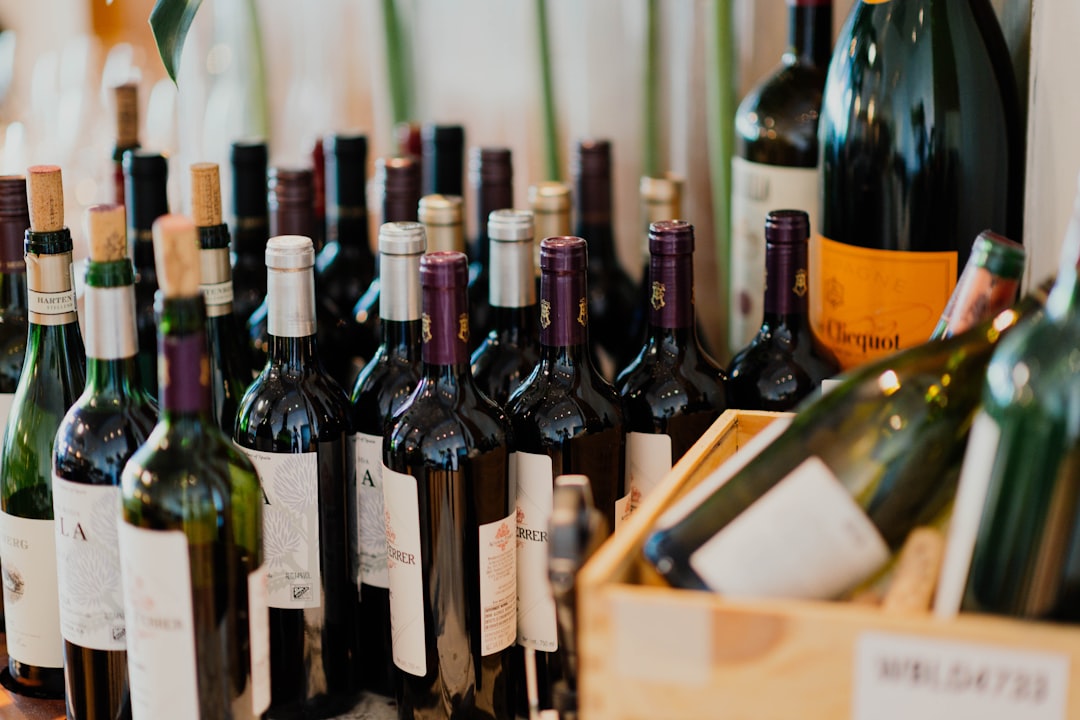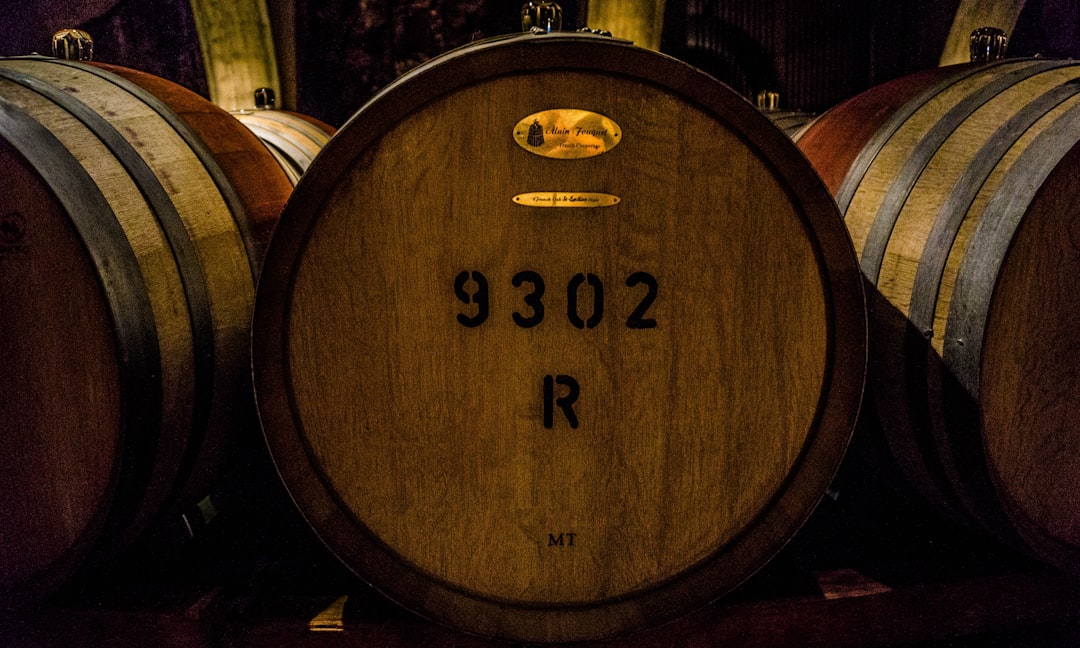Whether you’re a casual wine drinker or a serious collector, proper wine storage is essential to preserving the quality and flavor of your favorite vintages. While refrigeration is a popular method of wine storage, it’s not always practical or necessary. In this guide, we’ll explore how to store wine without a fridge, so you can keep your bottles in top condition without taking up valuable fridge space.
How To Store Wine Without Fridge?
What is the ideal temperature range for wine storage?
Maintaining the right temperature is crucial for wine storage, as heat can cause the wine to spoil or age prematurely. The ideal temperature range for most wines is between 45-65°F (7-18°C). However, different types of wine have specific temperature requirements, with reds generally stored at warmer temperatures than whites. If your home is consistently cooler or warmer than this range, consider finding a cool, dark spot in your home, like a basement or closet, to store your wine.
How do I maintain proper humidity levels for storing wine without a fridge?
,
Proper humidity levels are also important for wine storage, as excessive dryness can cause corks to shrink and allow air to seep in, while excessive moisture can lead to mold growth. Ideally, wine should be stored at a humidity level between 50-70%. If your home is too dry, consider placing a small bowl of water near your wine storage area. If it’s too humid, consider using a dehumidifier or placing silica gel packets near your wine.
What is the impact of light exposure on wine storage without a fridge?
Light exposure can also affect the flavor and quality of wine, especially for white wines and sparkling wines. Ultraviolet light can cause a chemical reaction in wine that produces unpleasant aromas and flavors. To minimize light exposure, store your wine in a dark room or closet, or use a wine storage container that blocks out UV light.
Can I use a wine cooler as an alternative to a fridge for wine storage?
Wine coolers are a popular alternative to refrigeration for wine storage, as they provide temperature control and humidity regulation without taking up valuable fridge space. If you’re considering a wine cooler, look for one with a temperature range between 45-65°F (7-18°C) and humidity controls. Wine coolers come in a range of sizes and styles, so you can find one to fit your storage needs and decor preferences.
What are the best types of containers for storing wine without a fridge?
When it comes to wine storage containers, there are a few options to choose from. Wooden wine crates are a popular choice for long-term storage, as they provide insulation and protection from light. Cardboard boxes are also a good option, as they’re inexpensive and easy to find. However, be sure to store your cardboard boxes in a dry place to prevent damage. Wine storage racks are another option, as they provide an organized, space-efficient way to store your bottles. Whatever container you choose, make sure it’s kept in a cool, dark place with proper humidity levels.
How can I tell if my wine is spoiled due to improper storage without a fridge?
If you suspect your wine has been improperly stored, there are a few signs to look out for. Check the cork for any signs of leakage, mold growth, or shrinkage. Smell the wine for any unpleasant or vinegar-like aromas, as this could indicate spoilage. Taste the wine, taking note of any off-flavors or lack of complexity. If you’re unsure, it’s always better to err on the side of caution and dispose of the wine.
Are there any natural preservatives or additives that can extend the shelf life of wine without a fridge?
While there are no natural preservatives that can extend the shelf life of wine indefinitely, there are a few things you can do to help preserve the quality of your wine. One option is to use wine preservers, which are designed to remove oxygen from an opened bottle of wine and keep it fresher for longer. Another option is to add sulfites to your wine, which are natural compounds that help to prevent spoilage and oxidation. However, be aware that sulfites can cause allergic reactions in some people and are not suitable for everyone.
How do I store different types of wine, such as sparkling, fortified, or dessert wines, without a fridge?
Different types of wine have different storage requirements, so it’s important to consider the specific needs of each wine when storing them. Sparkling wines, for example, should be stored at a cooler temperature than other wines, typically between 40-50°F (4-10°C), to maintain their effervescence. Fortified wines, such as port or sherry, can be stored at room temperature, but should be consumed within a few days of opening. Dessert wines, like ice wine, can also be stored at room temperature, but should be consumed within a few months of bottling.
Conclusion
Proper wine storage is essential to preserving the quality and flavor of your favorite vintages. While refrigeration is a popular method of wine storage, it’s not always practical or necessary. By following these tips and guidelines, you can store your wine without a fridge and ensure that it stays in top condition.
FAQs
Can I store wine on its side or does it need to be stored upright?
Wine should be stored on its side, as this helps keep the cork moist and prevents air from seeping into the bottle.
Can I store wine in the garage or outdoor shed?
It’s not recommended to store wine in a garage or outdoor shed, as these areas are typically subject to extreme temperature fluctuations and exposure to light, which can negatively impact the quality of the wine.
How long can I store wine without a fridge?
The length of time you can store wine without a fridge depends on a variety of factors, including the type of wine, storage conditions, and whether the bottle has been opened. In general, most wines can be stored for several years without refrigeration, but it’s best to consume them within a few days of opening.
Roseanne is an avid wine enthusiast, and has been our expert wine connoisseur since day 1. She’s extremely informed about all varieties of wine and different types of wine fridges.


